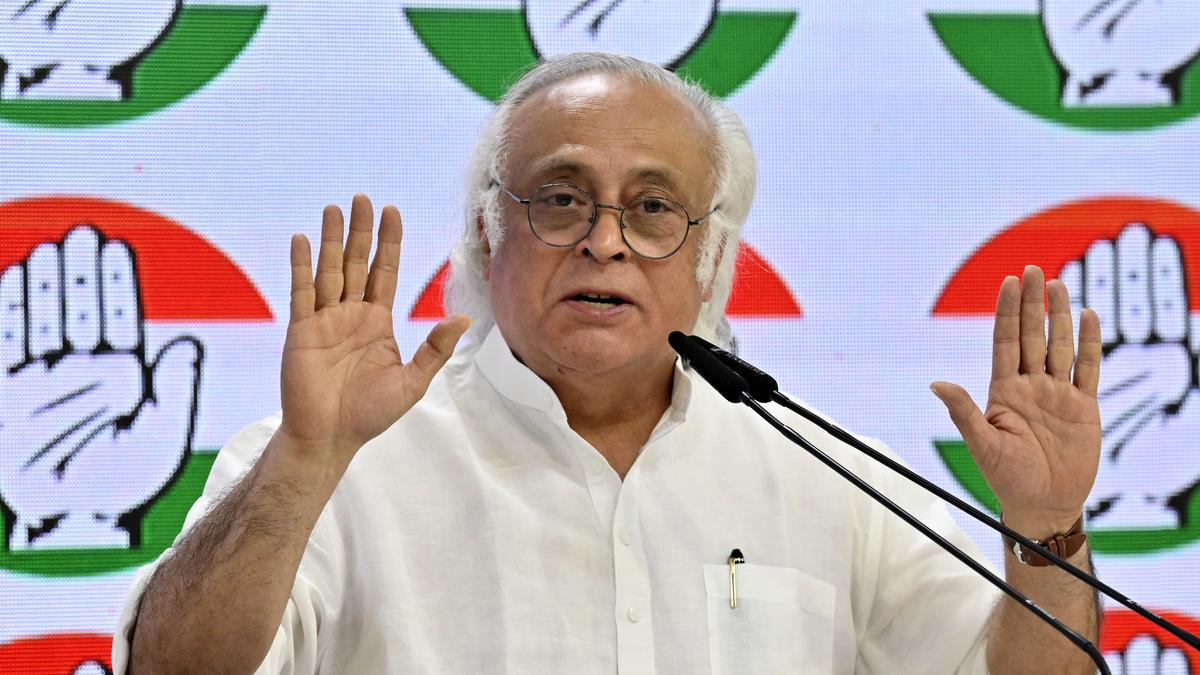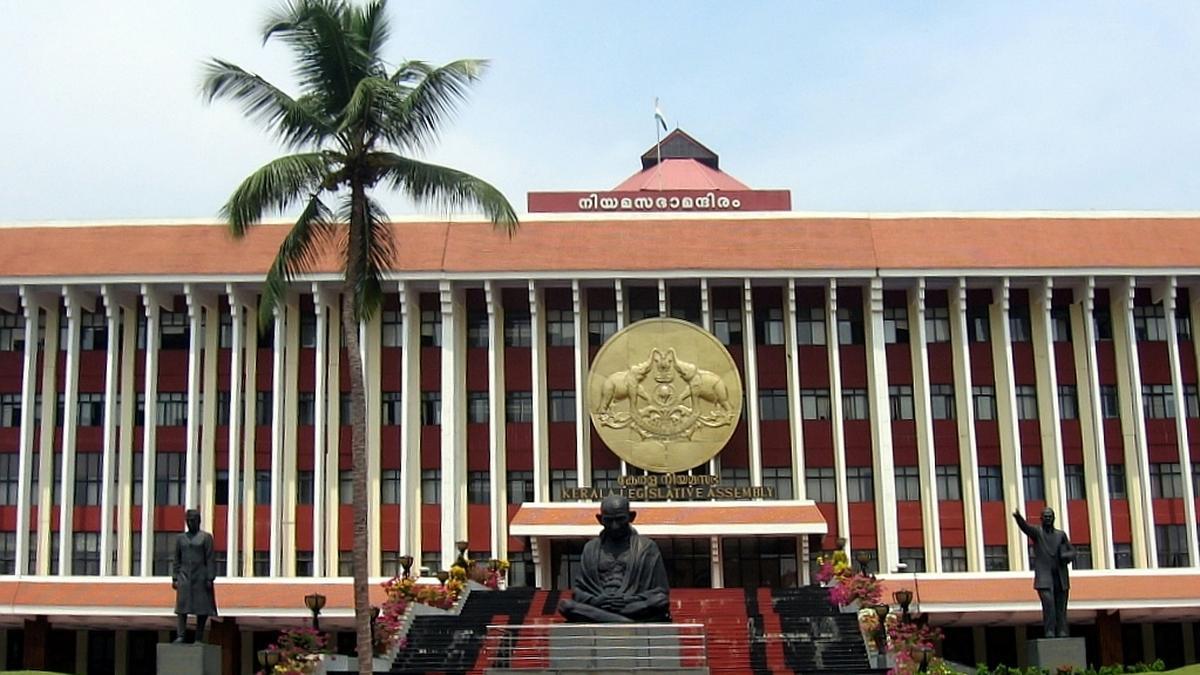Now Reading: Congress Hails Supreme Court Verdict on Waqf as Upholding Constitutional Values
-
01
Congress Hails Supreme Court Verdict on Waqf as Upholding Constitutional Values
Congress Hails Supreme Court Verdict on Waqf as Upholding Constitutional Values

Quick Summary
- The Supreme court has stayed several key provisions of the Waqf (Amendment) act, 2025 but refused to stay the entire law.
- Sections stayed include:
– Clause that requires individuals to be practising Muslims for five years before dedicating property as Waqf.
– Powers given to a Collector to adjudicate the status of Waqf properties.
– Limits set on non-Muslim members in Central and State Waqf Boards (maximum four out of 20 in Central Council; three out of eleven in State Boards).
- Congress leader Jairam Ramesh termed this order a victory for constitutional values of justice, equality, and fraternity while criticizing the Act’s alleged divisive intentions.
- The Supreme Court emphasized prima facie protection for some sections pending final hearings and ruled presumption is always in favor of constitutionality unless proven otherwise.
Indian Opinion analysis
The interim order by the Supreme Court reflects an essential judicial check on legislative enactments perceived as controversial or discriminatory. By staying sections related to religious qualifications and Collector powers over Waqf properties, the ruling suggests concerns about arbitrary legal applications and potential misuse. Protecting existing properties from unwarranted challenges ensures institutional safeguards amid ongoing dialog on minority rights and secular governance.This case highlights broader issues around balancing administrative reforms with constitutional principles such as equality before law and freedom from discrimination. While limiting non-Muslim depiction within certain bounds may aim at preserving specific religious functions,it also raises debates regarding inclusivity versus exclusivity.
With this interim stay not preventing full arguments during final hearings, stakeholders must prepare reasoned cases demonstrating alignment or deviation from constitutional directives. For india’s diverse democracy, such judicial interventions act as reminders about maintaining fairness while enacting laws impacting sensitive social or cultural contexts.
























